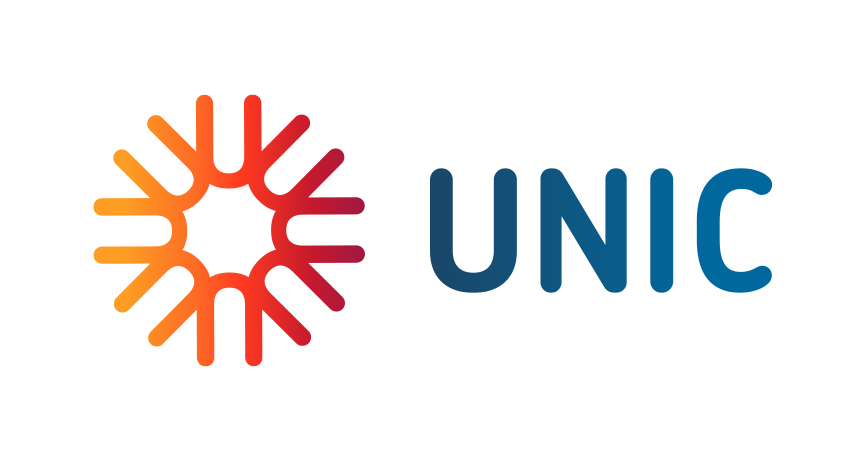MiEdC&E
Migrant Education: Challenges and Exclusion
Background Context:
Across UNIC partners, many cities and universities are introducing specific plans that focus on the integration of migrants in higher education settings. Within this context, efforts have been made to evaluate the success of current initiatives within universities and adopt new strategies that focus on participation, co-creation, and co-production. Engaged research and CityLab methodologies highlight the key role of cities and community actors in the coordination and promotion of migrant access to higher education. This includes bringing together different stakeholders such as community organisations, education providers, training institutions, and government agencies. In assessing the integration of migrants across EU cities several challenges have been identified including: 1) social and cultural factors, 2) language barriers, 3) the need for expansion of services 4) poor infrastructure and 5) the need for specific supports to respond to the growing demands of superdiverse populations (Eurocities, 2017).
This project is funded through the UNIC Alliance Seed Fund Initiative and highlights how the successful management of superdiversity and the inclusion of migrants in higher education will depend on the way universities and educational institutions engage with migrant populations, key stakeholders, and community actors. It is also acknowledged that the richness of the research data will also depend on the level of participation of all involved in the research process. As such, the study speaks specifically to superdiversity and inclusion through advancing an engaged research approach and co-creative methods as core elements of the research process. The inclusion of migrants as active participants is viewed as central to successful addressing migrant integration in educational settings. Most specifically, the research explores how co-produced research strategies can provide insights into how migrant integration processes which can in turn, contribute to inclusive policy and improved practices outcomes (Van Praag, 2021).
Focus of the Project:
The project will adopt an engaged research approach through using the CityLab model as a methodological research tool. Three areas of concern will be addressed:
- Educational barriers experienced by migrants and migrant families in primary and secondary education.
- Challenges experienced by migrants and asylum seekers within the higher education system.
- Social and cultural challenges experienced by migrants and international students.
Speaking to the theme of superdiversity and inclusion, this research project will involve a socio-cultural exploration of migrant access to education. It will address barriers for migrants through taking a systems-based approach and developmental trajectory that addresses the multi-dimensional levels of social and cultural exclusion experienced by migrants in the education system. Working with community organisations and city stakeholders will assist in addressing the complexity of these barriers and highlighting the different levels of marginalisation experienced by migrant populations. A CityLab participatory approach will be prioritised comprising of academics, educators, migrants, city stakeholders, and migrant organisations, working in collaboration through co-creative research methods.
An engaged research approach will be facilitated in several ways: through partner participation in strategic planning meetings, the development of a proposed CityLab and through the bringing together of all partners at a collective collaborative workshop. The CityLab will act as a community think tank and a space for increasing knowledge and awareness, developing mutual understanding, and promoting engagement in critical and creative problem solving. These initiatives will also function as a space for addressing the potential for the expansion of support networks, fostering spaces of ownership for migrant participants and deepening skills required for inclusive leadership.
Aims and Objectives of the Research:
- To explore barriers to education for migrants through an in-depth exploration of the literature
- To engage migrant students, migrant parents, researchers, educators, and local community actors as participants in the research.
- To use CityLabs and participatory research as a methodology tool in exploring barriers to education for migrants and migrant families.
- To promote capacity building strategies, socio-cultural inclusion, and active participation as key to the implementation of best practice policies relating to migrant inclusion.
- To disseminate research findings through hosting a virtual workshop involving all parties and a seminar to showcase published report.
Research Participants:
The research project will involve an integrated approach and include the participation of three UNIC universities and their respective community partners. Migrant participation will also be prioritised.
Participating Universities:
University College Cork, Ireland
University of Liege, Belgium
Koc University, Turkey
Participating Civil Society Organisations and City Partners:
Cork Migrant Centre, Cork, Ireland
PurplUnicorn/Techfindr Cork Kerry Region, Ireland
Cork City of Sanctuary Movement (Cork Schools of Sanctuary )
Interra – (cultural bridging org), Liege, Belgium
Le Monde des Possibles (local association), Liege, Belgium
Funded by: UNIC Seed Fund Initiative
Project Start Date: August 2023
Project Duration: 12 Months
Contact: Dr Claire Dorrity (c.dorrity@ucc.ie)

